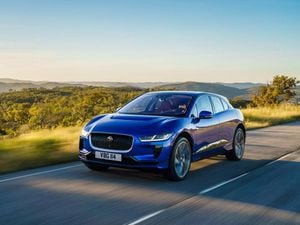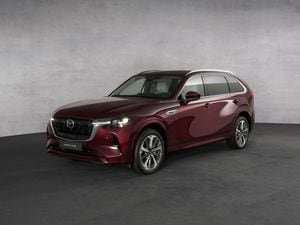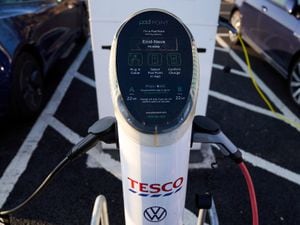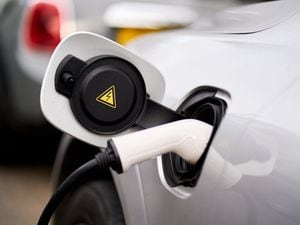EVs cleaner than internal combustion cars over lifetime despite battery production
Research claims the emissions created in EV batteries is offset by CO2-free driving

Electric vehicles are cleaner than petrol and diesel cars over a lifetime despite battery production emissions, a report has claimed.
Research by Imperial College London for electric firm Drax suggests the carbon emitted from creating a battery for some of the most efficient EVs would be offset by a lack of CO2 produced when driving over a two- to three-year period.
It’s said larger and less-efficient EVs could need three times longer to offset battery production emissions, with manufacturing larger units emitting as much carbon as three around-the-world flights.
Overall though, the report says a typical electric vehicle’s lifetime emissions are roughly half of those of an internal combustion-powered equivalent.
Iain Staffell, from Imperial College London, said: “EVs have real potential to reduce our carbon footprint and help meet our net-zero carbon ambitions – despite some speculation about how clean they really are.
“An electric vehicle in the UK simply cannot be more polluting than its petrol or diesel equivalent – even when taking into account the upfront ‘carbon cost’ of manufacturing their batteries. The carbon content of Britain’s electricity has halved in recent years and keeps on falling, whereas conventional engine vehicles have very limited scope to reduce emissions over their lifetime
“Any EV bought today could be emitting just a tenth of what a petrol car would in as little as five years’ time, as the electricity it uses to charge comes from an increasingly low-carbon mix.”
Data from the Society of Motor Traders and Manufacturers (SMMT) has shown a sharp rise in the number of electric cars hitting UK roads so far this year. Year-to-date registrations for July 2019 came in at 14,246, a significant jump from 8,350 for the same period in 2018.





